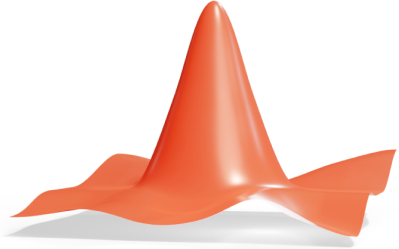Interest Over Several Periods
In this section, you’ll learn what happens when has a value greater than . In other words, there is more than one time period over which interest will compound.
Over time, this can lead to significant increases in the balance, because compounding interest means that interest is being calculated based on prior interest.
When saving, compound interest is quite appealing, because it gives you more money. But with credit cards and loans, compound interest means you end up paying interest charges on interest you’ve already been charged!
Formula
Interest calculations
where is the initial balance, and is the interest rate. After periods (or number of times the interest is added) the capital is .
Example 1
Interest over time
You borrow from the bank to finance your graduation party. The bank decides that you have to pay in interest per year. You ask to pay the total amount in five years. How much do you have to pay back?
The initial balance is . is unknown, and . You can put these figures straight into the formula and solve the equation:
You will owe $ to the bank after years!
Example 2
Interest over time
Your aunt deposited money in the bank 20 years ago. Interest has been accumulating at a rate of per year. Today, there is in the account. How much was originally deposited?
In this example, the initial balance is the unknown variable. , and . Just plug in the figures you do know into the formula and solve the equation:
Example 3
Interest over time
Your grandfather was always a cool guy. In his will, he has left his classic car to you. He bought the car 55 years ago, and it cost at the time. The annual increase in the car’s value is . How much is the car worth today?
Again, begin by finding out where in the formula the different numbers fit. In this case, , , , and is the unknown. Plug these straight into the formula and solve the equation to find the answer:
The car is worth $ today.
Example 4
Find the interest rate
Ola bought a car for 15 years ago. The present value of the car is . What was the yearly percentage decrease in value for Ola’s car?
Again you can begin by finding where the numbers go in the formula. In this case we know that , , , and is the unknown we want to find. Insert this information into the formula to get the answer. As is unknown inside the parenthesis raised to the power of 15, you need to take the 15th root to solve the equation:


















